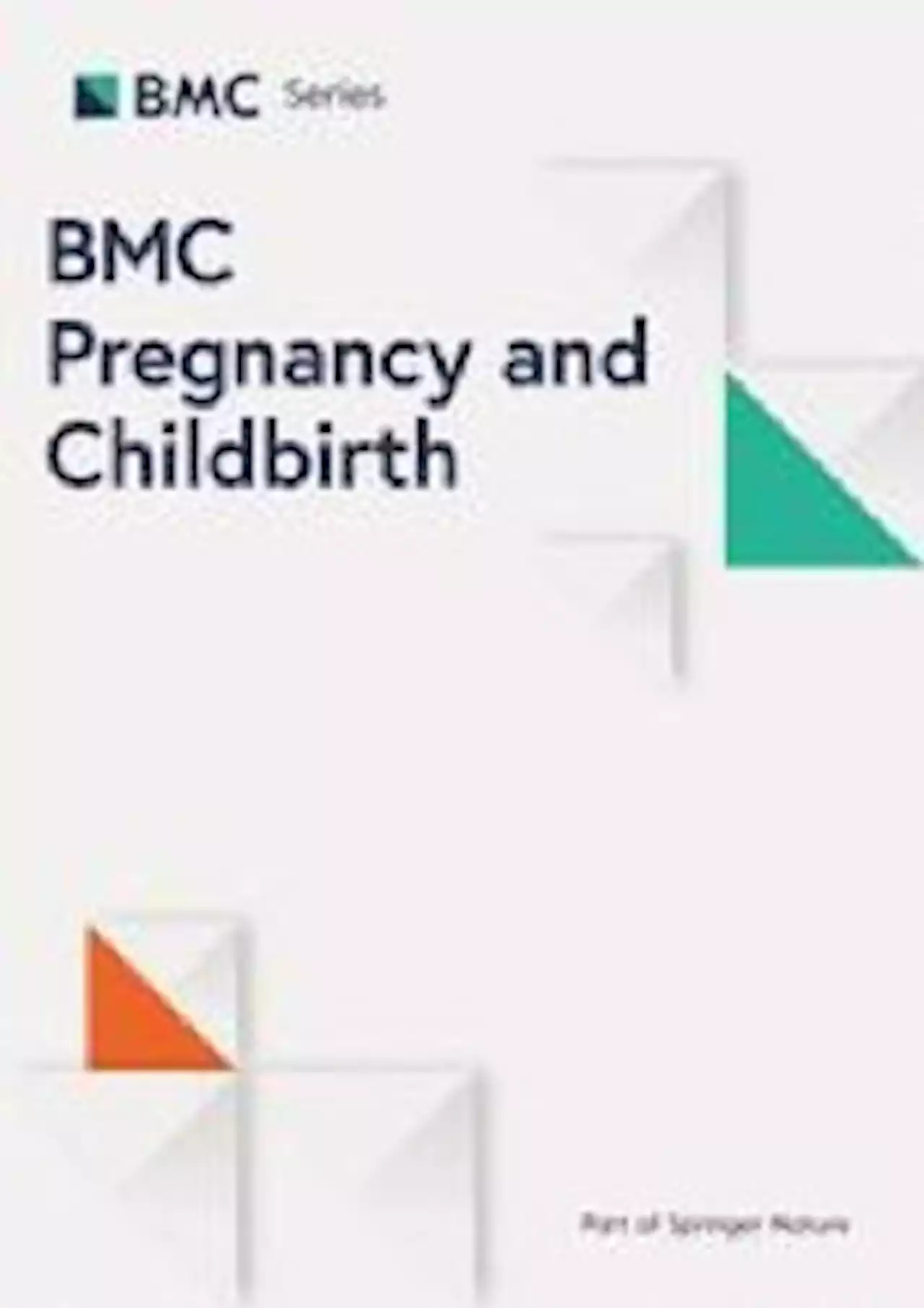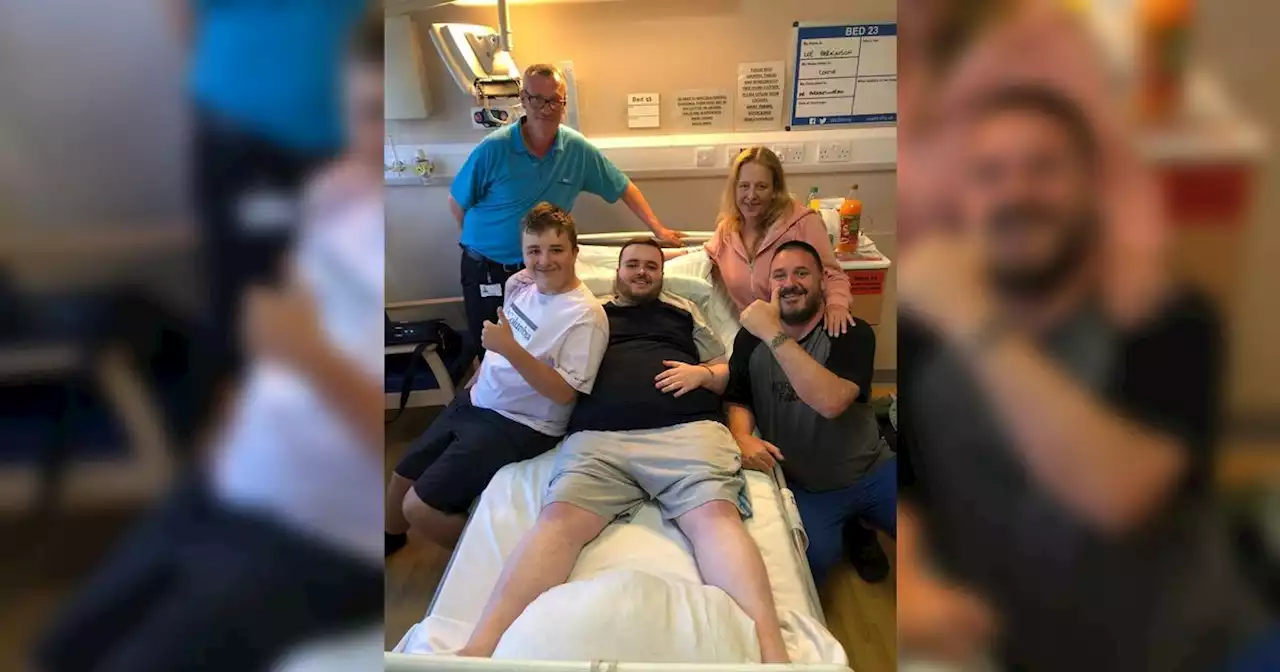How is the metaverse changing surgery? We explain: Film supported by Mishcon de Reya
worlds for volunteers in their labs since the 1990s. Rather as an aircraft simulator can train and test pilots in a wide variety of settings, virtual worlds allow psychologists and neuroscientists to watch people’s cognitive and emotional responses in situations that are difficult to set up or control in the real world. But the technology has usually been too clunky and expensive for widespread clinical use.
Though each condition is unique, researchers have found common ground rules for designing virtual experiences that work: therapists need to be in control of the scene, deciding what a patient sees and hears in order to modify the strength of the fearful stimulus; the therapy works best when the patient is embodied within an avatar, rather than floating, so that they feel present within the scene; and the patient needs agency, so that they can leave the scene if it gets too overwhelming for them.
For doctors, virtual environments also provide a risk-free way to practise important procedures. Surgeons operate in high-pressure environments with a lot of cognitive demands. “You’ve got to learn very rapidly, and you’ve got to make decisions under time pressure, with millimetre precision,” says Faisal Mushtaq, a cognitive neuroscientist at the University of Leeds in England.
Medical uses for computer simulations are promising, but how useful they are will take time to evaluate. That will require robust clinical trials and discussions of frameworks for data protection on technologies that could, if their potential is achieved, become a new type of medical device.
Ireland Latest News, Ireland Headlines
Similar News:You can also read news stories similar to this one that we have collected from other news sources.
 Circulating Brain Injury Biomarkers: A Novel Method for... : NeurosurgeryTo establish the time profile of the increase in the circulating brain injury biomarkers glial fibrillary acidic protein (GFAP), tau, and neurofilament light (NfL) after glioma surgery and to explore possible relationships between these biomarkers and outcome regarding volume of ischemic injury identified with postoperative MRI and new neurological deficits. METHODS: In this prospective study, 34 adult patients scheduled for glioma surgery were included. Plasma concentrations of brain injury biomarkers were measured the day before surgery, immediately after surgery, and on postoperative days 1, 3, 5, and 10. RESULTS: Circulating brain injury biomarkers displayed a postoperative increase in the levels of GFAP (P | .001), tau (P | .001), and NfL (P | .001) on Day 1 and a later, even higher, peak of NFL at Day 10 (P=.028). We found a correlation between the increased levels of GFAP, tau, and NfL on Day 1 after surgery and the volume of ischemic brain tissue on postoperative MRI. Patients with new neurological deficits after surgery had higher levels of GFAP and NfL on Day 1 compared with those without new neurological deficits. CONCLUSION: Measuring circulating brain injury biomarkers could be a useful method for quantification of the impact on the brain after tumor surgery or neurosurgery in general....
Circulating Brain Injury Biomarkers: A Novel Method for... : NeurosurgeryTo establish the time profile of the increase in the circulating brain injury biomarkers glial fibrillary acidic protein (GFAP), tau, and neurofilament light (NfL) after glioma surgery and to explore possible relationships between these biomarkers and outcome regarding volume of ischemic injury identified with postoperative MRI and new neurological deficits. METHODS: In this prospective study, 34 adult patients scheduled for glioma surgery were included. Plasma concentrations of brain injury biomarkers were measured the day before surgery, immediately after surgery, and on postoperative days 1, 3, 5, and 10. RESULTS: Circulating brain injury biomarkers displayed a postoperative increase in the levels of GFAP (P | .001), tau (P | .001), and NfL (P | .001) on Day 1 and a later, even higher, peak of NFL at Day 10 (P=.028). We found a correlation between the increased levels of GFAP, tau, and NfL on Day 1 after surgery and the volume of ischemic brain tissue on postoperative MRI. Patients with new neurological deficits after surgery had higher levels of GFAP and NfL on Day 1 compared with those without new neurological deficits. CONCLUSION: Measuring circulating brain injury biomarkers could be a useful method for quantification of the impact on the brain after tumor surgery or neurosurgery in general....
Read more »
 Prevalence and risk factors for postnatal mental health problems in mothers of infants admitted to neonatal care: analysis of two population-based surveys in England - BMC Pregnancy and ChildbirthBackground Previous research suggests that mothers whose infants are admitted to neonatal units (NNU) experience higher rates of mental health problems compared to the general perinatal population. This study examined the prevalence and factors associated with postnatal depression, anxiety, post-traumatic stress (PTS), and comorbidity of these mental health problems for mothers of infants admitted to NNU, six months after childbirth. Methods This was a secondary analysis of two cross-sectional, population-based National Maternity Surveys in England in 2018 and 2020. Postnatal depression, anxiety, and PTS were assessed using standardised measures. Associations between sociodemographic, pregnancy- and birth-related factors and postnatal depression, anxiety, PTS, and comorbidity of these mental health problems were explored using modified Poisson regression and multinomial logistic regression. Results Eight thousand five hundred thirty-nine women were included in the analysis, of whom 935 were mothers of infants admitted to NNU. Prevalence of postnatal mental health problems among mothers of infants admitted to NNU was 23.7% (95%CI: 20.6–27.2) for depression, 16.0% (95%CI: 13.4–19.0) for anxiety, 14.6% (95%CI: 12.2–17.5) for PTS, 8.2% (95%CI: 6.5–10.3) for two comorbid mental health problems, and 7.5% (95%CI: 5.7–10.0) for three comorbid mental health problems six months after giving birth. These rates were consistently higher compared to mothers whose infants were not admitted to NNU (19.3% (95%CI: 18.3–20.4) for depression, 14.0% (95%CI: 13.1–15.0) for anxiety, 10.3% (95%CI: 9.5–11.1) for PTS, 8.5% (95%CI: 7.8–9.3) for two comorbid mental health problems, and 4.2% (95%CI: 3.6–4.8) for three comorbid mental health problems six months after giving birth. Among mothers of infants admitted to NNU (N = 935), the strongest risk factors for mental health problems were having a long-term mental health problem and antenatal anxiety, while social support and satisfaction with
Prevalence and risk factors for postnatal mental health problems in mothers of infants admitted to neonatal care: analysis of two population-based surveys in England - BMC Pregnancy and ChildbirthBackground Previous research suggests that mothers whose infants are admitted to neonatal units (NNU) experience higher rates of mental health problems compared to the general perinatal population. This study examined the prevalence and factors associated with postnatal depression, anxiety, post-traumatic stress (PTS), and comorbidity of these mental health problems for mothers of infants admitted to NNU, six months after childbirth. Methods This was a secondary analysis of two cross-sectional, population-based National Maternity Surveys in England in 2018 and 2020. Postnatal depression, anxiety, and PTS were assessed using standardised measures. Associations between sociodemographic, pregnancy- and birth-related factors and postnatal depression, anxiety, PTS, and comorbidity of these mental health problems were explored using modified Poisson regression and multinomial logistic regression. Results Eight thousand five hundred thirty-nine women were included in the analysis, of whom 935 were mothers of infants admitted to NNU. Prevalence of postnatal mental health problems among mothers of infants admitted to NNU was 23.7% (95%CI: 20.6–27.2) for depression, 16.0% (95%CI: 13.4–19.0) for anxiety, 14.6% (95%CI: 12.2–17.5) for PTS, 8.2% (95%CI: 6.5–10.3) for two comorbid mental health problems, and 7.5% (95%CI: 5.7–10.0) for three comorbid mental health problems six months after giving birth. These rates were consistently higher compared to mothers whose infants were not admitted to NNU (19.3% (95%CI: 18.3–20.4) for depression, 14.0% (95%CI: 13.1–15.0) for anxiety, 10.3% (95%CI: 9.5–11.1) for PTS, 8.5% (95%CI: 7.8–9.3) for two comorbid mental health problems, and 4.2% (95%CI: 3.6–4.8) for three comorbid mental health problems six months after giving birth. Among mothers of infants admitted to NNU (N = 935), the strongest risk factors for mental health problems were having a long-term mental health problem and antenatal anxiety, while social support and satisfaction with
Read more »
 Stranger cheers up family as son rushed to surgery after 'screaming in pain'Kind actions of stranger bring smile to face of family as son rushed to surgery after 'screaming in pain'
Stranger cheers up family as son rushed to surgery after 'screaming in pain'Kind actions of stranger bring smile to face of family as son rushed to surgery after 'screaming in pain'
Read more »
 Tim Tszyu forced into surgery after dog bite days before world title fightTim Tszyu has undergone surgery on his arm after being attacked by a dog just a matter of days before he fights for an interim world title.
Tim Tszyu forced into surgery after dog bite days before world title fightTim Tszyu has undergone surgery on his arm after being attacked by a dog just a matter of days before he fights for an interim world title.
Read more »
 Bellingham set to withdraw from England's Euro 2024 qualifiers amid surgery fearsBorussia Dortmund star Jude Bellingham will reportedly pull out of England’s upcoming Euro 2024 qualifiers amid fears he requires surgery. The 19-year-old has enjoyed a stunning season, with …
Bellingham set to withdraw from England's Euro 2024 qualifiers amid surgery fearsBorussia Dortmund star Jude Bellingham will reportedly pull out of England’s upcoming Euro 2024 qualifiers amid fears he requires surgery. The 19-year-old has enjoyed a stunning season, with …
Read more »
 Made in Chelsea star reflects on emergency surgery after 'major haemorrhage''For the best part of the last 2 years I've felt completely cursed.'
Made in Chelsea star reflects on emergency surgery after 'major haemorrhage''For the best part of the last 2 years I've felt completely cursed.'
Read more »